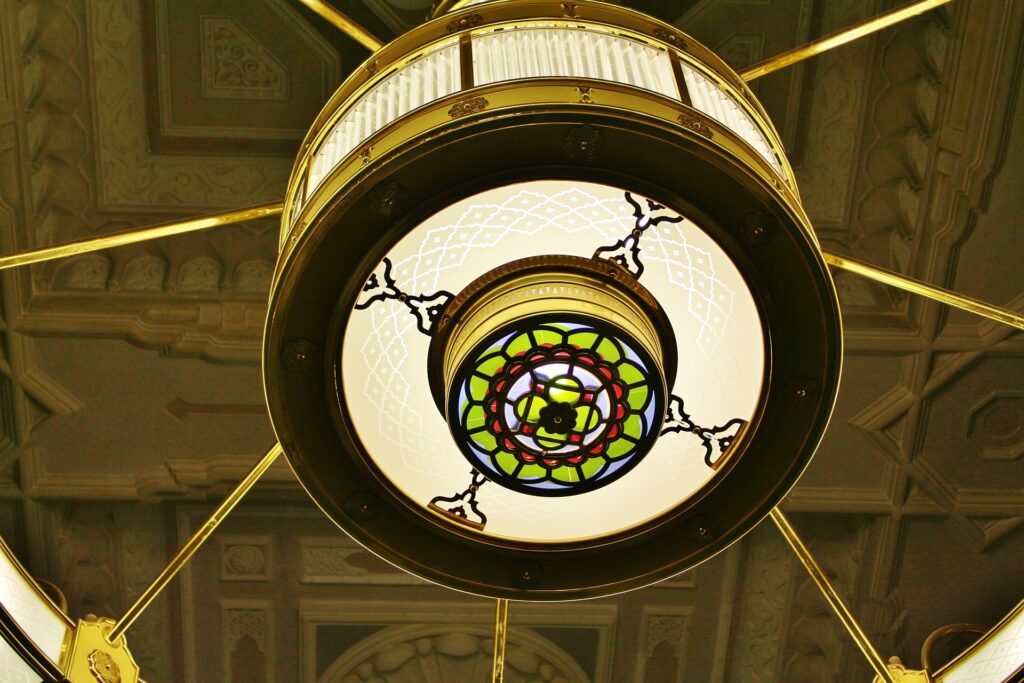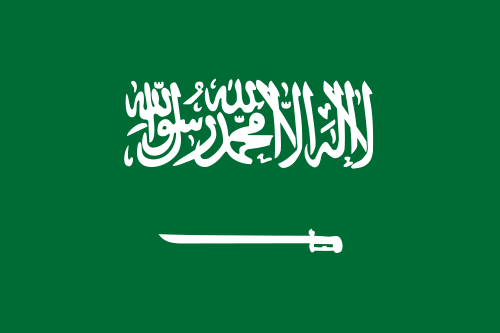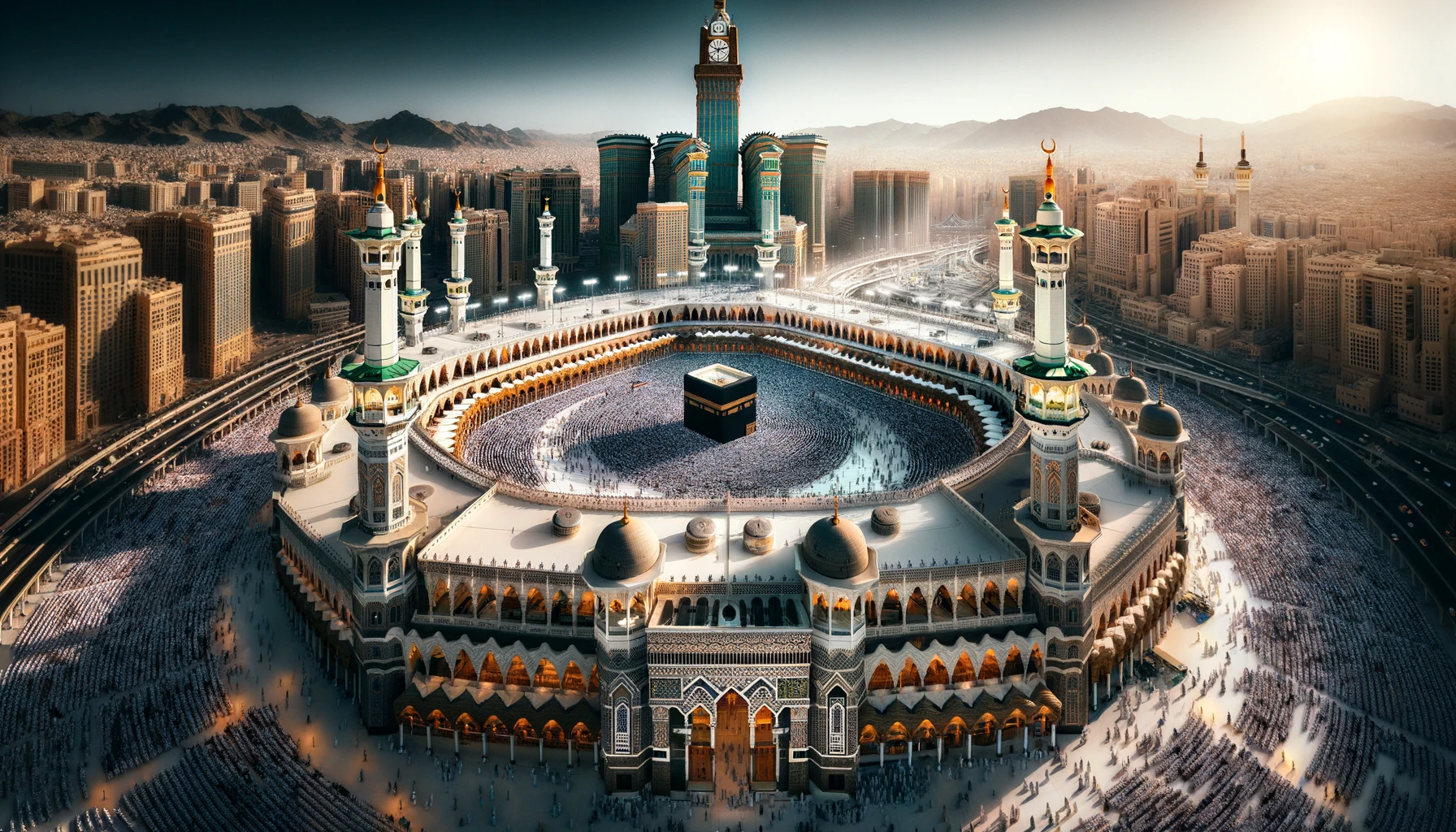Saudi Arabia is a country with a unique blend of ancient traditions and ambitious future visions. Its role as an oil giant, a religious center, and a regional power makes it a significant global player with a complex array of cultural, economic, and political landscapes.
List of National and Public Holidays for Saudia Arabia in the year 2025
- Founding Day is on Saturday, February 22nd.
- Eid al-Fitr Holiday is from Sunday, March 30th to Wednesday, April 2nd.
- Eid al-Adha Holiday is from Thursday, June 5th to Sunday, June 8th.
- National Day is on Tuesday, September 23rd.
List of National and Public Holidays for Saudia Arabia in the year 2024
- Founding Day is on 22 February (Thursday) 2024
- Eid al-Fitr is on 10 April (Wednesday) 2024
- 2. Eid al-Fitr holiday is on 11 – 13 April (Thursday through Saturday) 2024
- 3. Eid al-Adha (Feast of Sacrifice) is on 16 June (Sunday) 2024
- 4. Eid al-Adha holiday is from 16-18 June (Sunday, Monday and Tuesday) 2024
- National Day Saudia Arabia is on 23 September (Monday) 2024
- Start of Ramadan is on 11 March (Monday) 2024
- Muharram (Islamic New Year) starts 07 July (Sunday) 2024
Saudi Arabia, officially known as the Kingdom of Saudi Arabia (KSA), is a country primarily located in the Arabian Peninsula in Western Asia. It is the largest country in the Middle East, bordered by Jordan and Iraq to the north, Kuwait to the northeast, Qatar, Bahrain, and the United Arab Emirates to the east, Oman to the southeast, and Yemen to the south. The Red Sea lies to its west, and the Persian Gulf to the northeast.

Geography and Climate:
Saudi Arabia covers approximately 2,150,000 square kilometers, making it the fifth-largest country in Asia and the 12th largest in the world. The terrain is mostly barren and has a desert climate with extreme heat during the day and a sharp temperature drop at night. The country is known for its vast desert landscapes, particularly the Rub’ al Khali (Empty Quarter), the largest contiguous sand desert in the world.

Government and Economy:
Saudi Arabia is an absolute monarchy, governed by the Al Saud family since its establishment by Abdulaziz Ibn Saud in 1932. The King serves as both the head of state and government, overseeing an Islamic theocratic regime. The country operates under Sharia law, with the Quran and the Sunna (traditions of the Prophet Muhammad) serving as the constitution.
The economy is heavily dependent on oil, with the country being the world’s largest oil producer and exporter, controlling the world’s second-largest oil reserves and the sixth-largest gas reserves. The state-owned company, Saudi Aramco, is one of the largest and most profitable companies globally. However, under its Vision 2030, Saudi Arabia is seeking to diversify its economy away from oil and promote sectors such as tourism, healthcare, and education.
Culture and Religion:
Islam is the official religion, and the law requires all citizens to be Muslims. The two holiest cities in Islam, Mecca and Medina, are located in Saudi Arabia. Every year, millions of Muslims from around the world participate in the Hajj pilgrimage to Mecca. The country has a rich cultural heritage, with traditional dance, music, and Bedouin poetry being integral parts of Saudi culture.
Human Rights and Social Issues:
The country has been often criticized for its human rights record, including the lack of freedom of speech, press, and religion, the status of women, and the use of capital punishment. However, recent years have seen some reforms, including allowing women to drive and to travel abroad without a male guardian’s permission, as well as more entertainment and cultural opportunities as part of Vision 2030.
Foreign Relations and Military:
Saudi Arabia is a key player in the Middle East, with significant influence in regional politics, primarily due to its economic wealth, conservative Islamic identity, and strategic location. It is a founding member of the Arab League, Gulf Cooperation Council, and the Organization of Islamic Cooperation. The country has a complex relationship with neighboring countries and is involved in ongoing conflicts in Yemen and Syria. Saudi Arabia has one of the world’s most well-funded defense sectors, reflecting its geopolitical interests in the region.
Demographics and Urbanization:
The population is approximately 35 million, with a significant percentage being expatriates. Arabic is the official language, and the vast majority of the population is Arab. The country is rapidly urbanizing, with major cities including Riyadh (the capital), Jeddah, Mecca, and Medina.
Education and Healthcare:
Education is free at all levels, and the government provides free healthcare services to citizens. There are numerous universities and colleges, with education being a significant focus under the Vision 2030 reforms.

